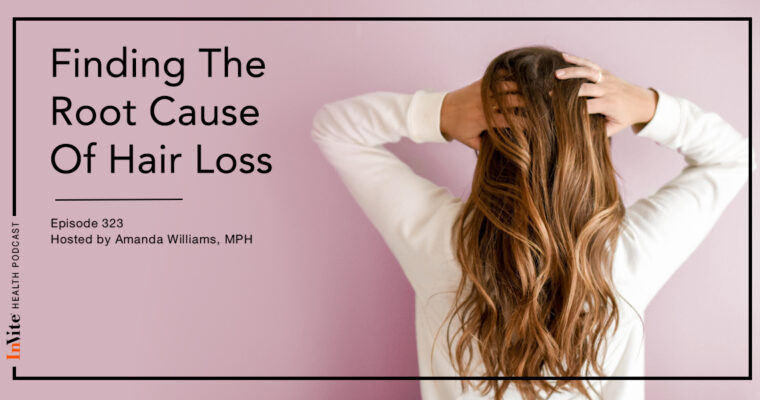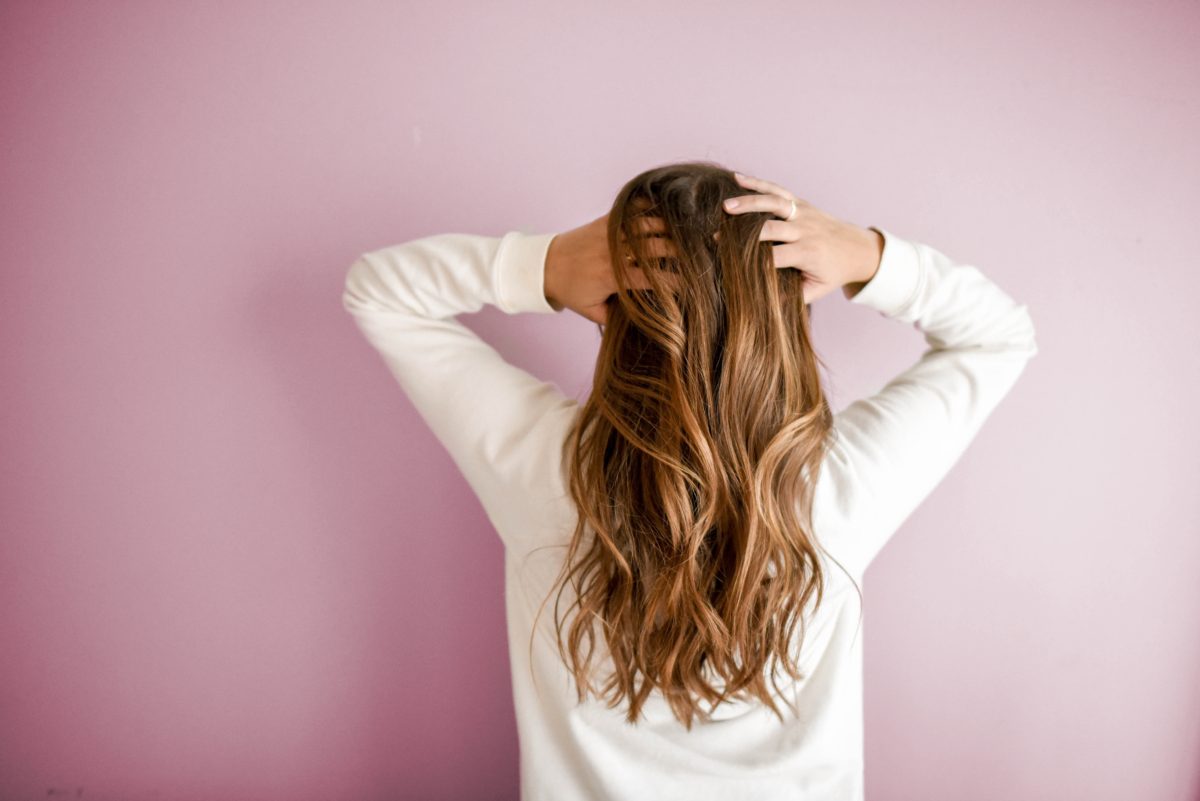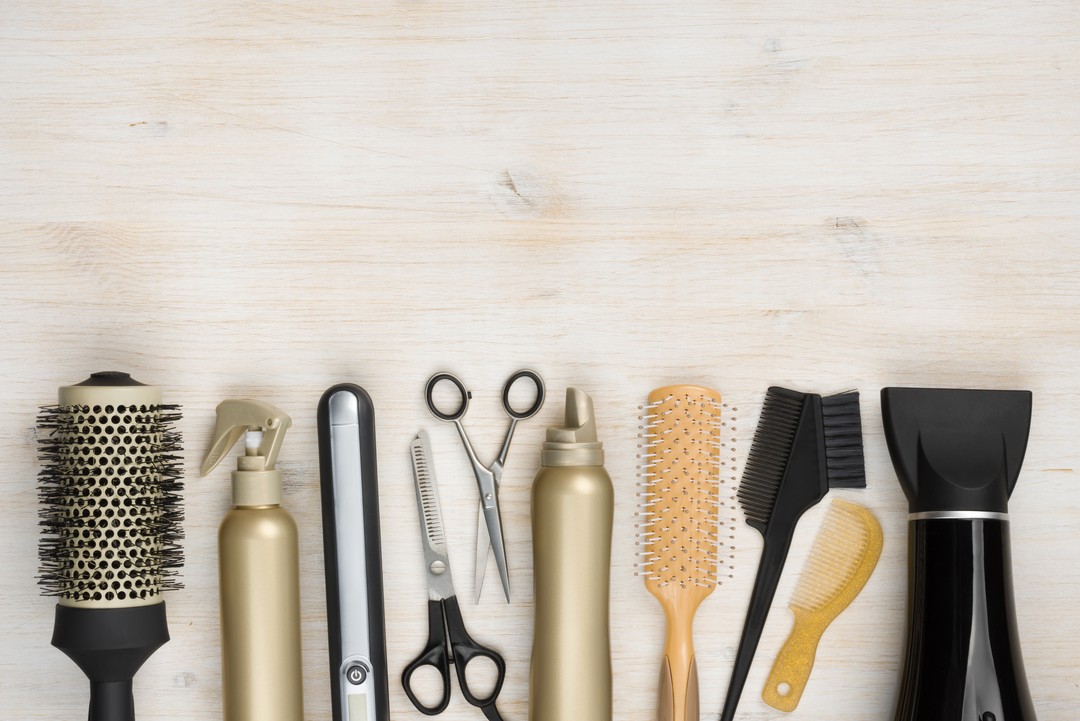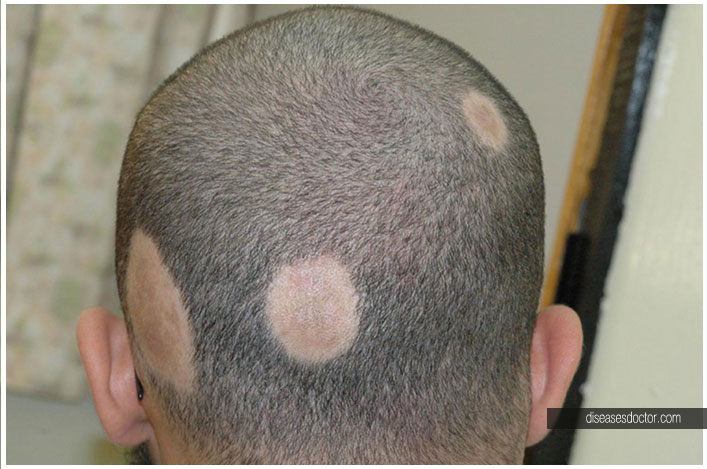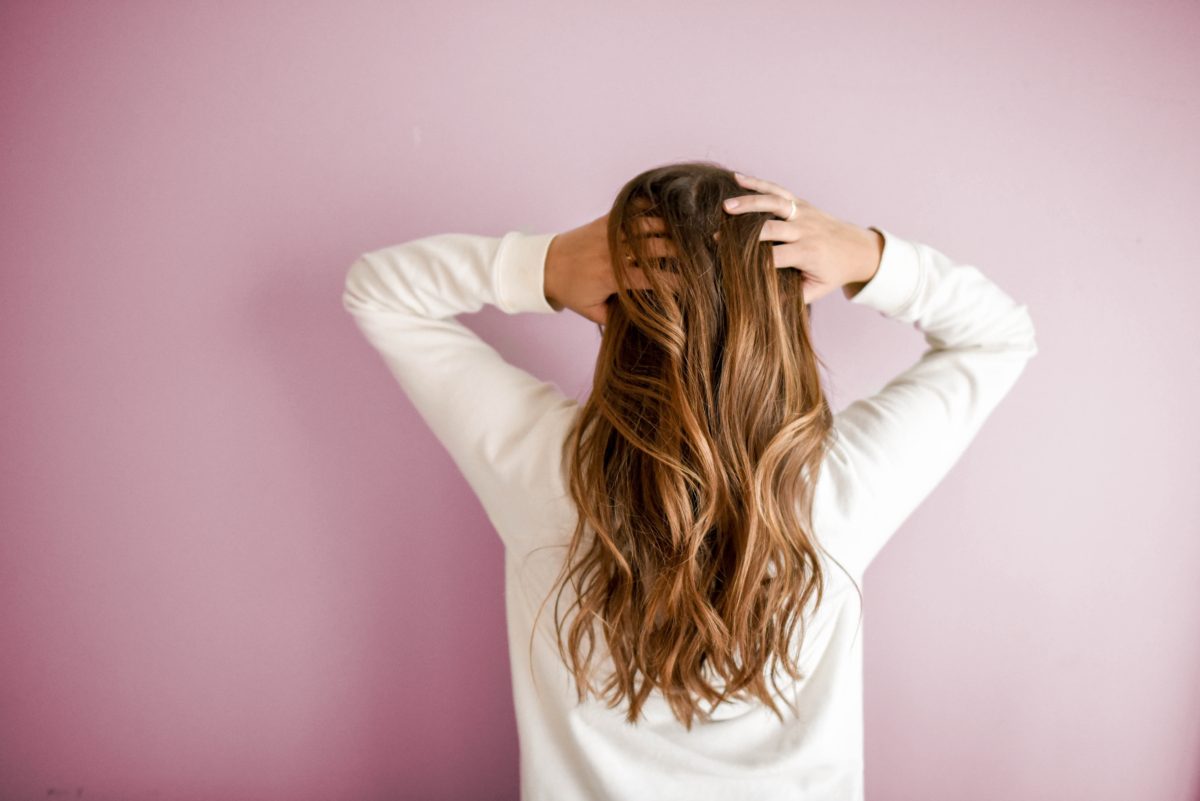Photo by Element5 Digital on Unsplash
It’s true that men are more likely to lose their hair than women, mostly due to male pattern baldness. But ladies aren’t exempt from hair loss. Thinning hair and hair loss are also common in women, and these issues can be more embarrassing for women, too. Reasons can range from the simple and temporary, such as a vitamin deficiency, to more complex issues like an underlying health condition. For some, experiencing hair loss can be one of the most disheartening and damaging things that they will ever go through and could even have detrimental effects on their confidence. Here are some major causes of hair loss:
PHYSICAL STRESS
Any kind of physical trauma – surgery, a car accident, or a severe illness, even the flu – can cause temporary hair loss. Physical trauma can trigger a type of hair loss called telogen effluvium.
LACK OF PROTEIN
If you don’t get enough protein in your diet, your body may ration its protein supply by shutting down hair growth, according to the American Academy of Dermatology. This can happen about two to three months after a drop in protein intake.
GENETICS
Female-pattern hair loss, called androgenic or androgenetic alopecia, is basically the female version of male pattern baldness. What to do: Like men, women may benefit from minoxidil (Rogaine) to help grow hair, or at least, maintain the hair you have.
FEMALE HORMONES
Just as pregnancy hormone changes can cause hair loss, so can switching or going off birth-control pills. This can also cause telogen effluvium, and it may be more likely if you have a family history of hair loss. The change in the hormonal balance that occurs at menopause may also have the same result.
EMOTIONAL STRESS
Emotional stress is less likely to cause hair loss than physical stress, but it can happen, for instance, in the case of divorce, death of a loved one, or while caring for an aging parent. More often, though, emotional stress won’t actually precipitate the hair loss. It will exacerbate a problem that’s already there.
ANEMIA
Almost one in 10 women aged 20 through 49 suffers from anemia due to an iron deficiency (the most common type of anemia), which is an easily fixable cause of hair loss. You doctor will have to do a blood test to determine for sure if you have this type of anemia.
OVERSTYLING
Vigorous styling and hair treatments over the years can cause your hair to fall out. Examples of extreme styling include tight braids, hair weaves or corn rows as well as chemical relaxers to straighten your hair, hot-oil treatments or any kind of harsh chemical or high heat. Because these practices can actually affect the hair root, your hair might not grow back.
Source: http://www.msn.com/en-us/health/medical/21-reasons-why-youre-losing-your-hair/ss-AA8Cjdq#image=19
Hair Today Gone Tomorrow
by, Rashida Beckford, BS, Director of Nutrition
There are numerous factors that affect hair loss, the rate of loss and the extent of loss. As with any situation, the approach for helping the situation should be holistic (meaning all encompassing), this entails addressing the situation both internally and externally. Several causative factors include: hormonal imbalances, emotional and physical stress, heredity, and illness. Nutrition together with a comprehensive Men’s Hair Program and a Hair Care line that addresses thinning, may benefit the most common contributors to hair loss.
Men and women alike share experiences of hair loss due to hormonal imbalances. The most common cause for both sexes is due to androgenic alopecia caused by an increase in the hormone dihydrotestosterone (DHT), a derivative factor of the group of male hormones or androgens. Hair shedding is natural, as new hair strands replace old ones, the newer ones being just as strong. In the presence of DHT, however, a chemical reaction will cause the new hair follicles to shrink in size leading to hair thinning. Without the interruption of the antagonistic DHT, this reaction continues to take place, with further thinning and ultimately balding in men and global thinning of the hair in women. In women, hormonal imbalances due to life cycle changes are what affect hair loss. Women produce a bit of testosterone, but a few are more sensitive to its effects. This grouped with hormonal changes as a result of birth control pills, menopause, and or childbirth, can disrupt the restoration of a healthy mane. Thyroid abnormalities can also be a contributing factor of the hair loss, along with emotional and physical stress.
Adding hair supplements to your daily hair care routine can provide great therapeutic benefits and can help to revitalize your hair and scalp, repair damage from coloring and heat styling, and give your hair shine and volume.
Also, in the presence of stress zinc is a primary mineral that is depleted. Zinc is essential to the protein structure of hair strands. Zinc along with biotin are important growth factors, especially with respect to hair. Biotin is a component of the B Complex. It has a direct link to the prevention of hair loss along with the discoloration that occurs with age. Adding to an already great formula, supplementing with Biotin twice daily will only enhance the effectiveness of the program and allow you to achieve a healthy body of hair. Para-Amino Benzoic Acid (PABA), Inositol and Biotin are all components of the Vitamin B Complex. Grouped with folic acid and zinc, these vitamins and minerals are directly linked to the preservation and restoration of healthy locks. B-Complex 100 contains valuable amounts of each factor contributing to the effectiveness of a hair care regimen. Another major factor is the physical presence of excess oil, sebum. Sebum is normally used by the body to coat and protect hair but if sebum is not removed overtime it accumulates and clogs pores making the emergence of new hair strands near to impossible.
One thing to also consider is the lack of supply of nutrients and oxygenated blood to the scalp. As in any other part of the body, this will lead to malnourishment of the cells and growth retardation. Toxins built up from the external environment, not so healthy food choices and a select few drugs and chemical therapies may contribute to the deprivation of nutrients getting to the actual scalp. Though genetics are linked to hair loss, a well balanced diet and a bit of internal and external stimulation will help to obtain and maintain a healthy head of hair.
No matter what factors are attributing to your hair loss, we InVite you to try our internal and external products to put an end to your ‘bad hair day.’ It all begins with a well balanced diet, but including high quality supplements and a hair care regimen will only enhance your efforts and results.

